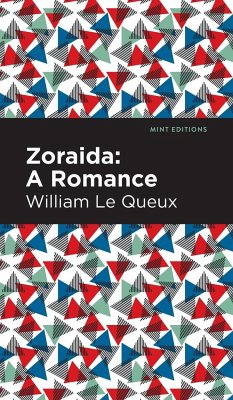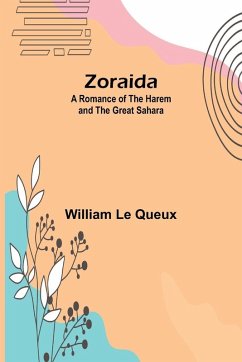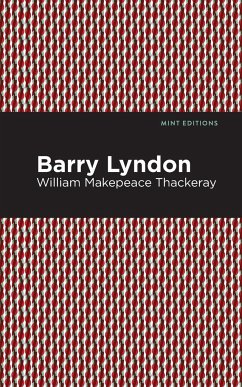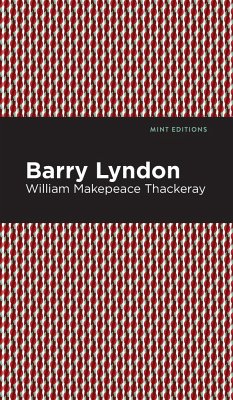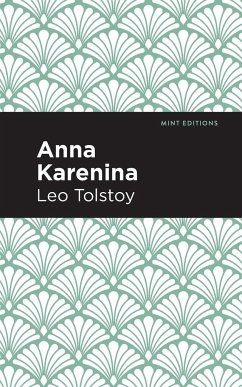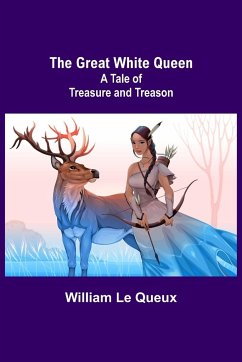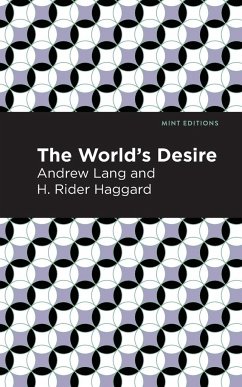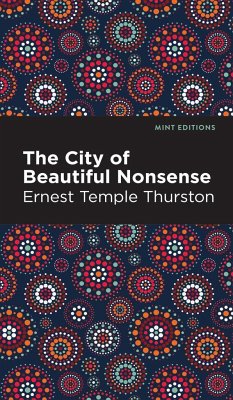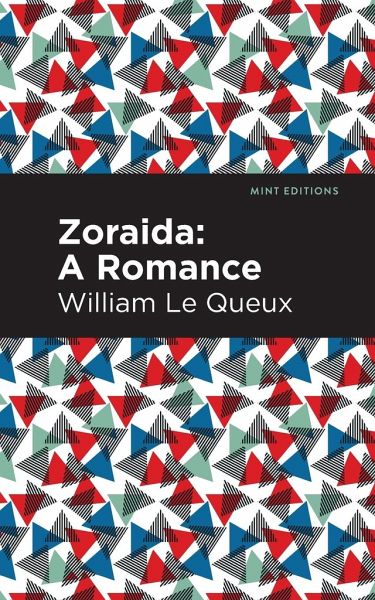
Zoraida
A Romance
Versandkostenfrei!
Versandfertig in 1-2 Wochen
15,99 €
inkl. MwSt.
Weitere Ausgaben:

PAYBACK Punkte
8 °P sammeln!
Zoraida: A Romance (1894) is an adventure novel by Anglo-French writer William Le Queux. Published at the beginning of Le Queux's career as a leading author of popular thrillers, Zoraida: A Romance is a story of adventure, omen, and the dangers of attraction. Using his own research and experience as a journalist and adventurer, Le Queux crafts an accessible, entertaining story for readers in search of a literary escape. Known for his works of fiction and nonfiction on the possibility of Germany invading Britain-a paranoia common in the early twentieth century-William Le Queux also wrote dozens...
Zoraida: A Romance (1894) is an adventure novel by Anglo-French writer William Le Queux. Published at the beginning of Le Queux's career as a leading author of popular thrillers, Zoraida: A Romance is a story of adventure, omen, and the dangers of attraction. Using his own research and experience as a journalist and adventurer, Le Queux crafts an accessible, entertaining story for readers in search of a literary escape. Known for his works of fiction and nonfiction on the possibility of Germany invading Britain-a paranoia common in the early twentieth century-William Le Queux also wrote dozens of thrillers and adventure novels for a dedicated public audience. Although critical acclaim eluded him, popular success made him one of England's bestselling writers. In Zoraida: A Romance, an English adventurer named Cecil Holcombe journeys on horseback across the Sahara Desert in search of a caravan belonging to Ali Ben Hafiz. Catching up with the men and camels bound for a faraway town, Holcombe gains their trust with his mastery of Arabic and respect of their cultural customs. After sharing a meal in the shade of a stony shelter, the caravan, bound for the Touat Oasis, continues on its way. When an ill omen occurs, Ali Ben Hafiz warns Holcombe against falling in love with a local woman, instead suggesting the Englishman return to his country to live a life in peace with a wife and family. Undeterred by danger, however, Holcombe ignores the man's prophecy, and soon falls into the trap of the beautiful Zoraida. Zoraida: A Romance is a tale of mystery and danger set in the beautiful desert of southern Algeria, and remains fresh and exciting over a century after it was published. Since our inception in 2020, Mint Editions has kept sustainability and innovation at the forefront of our mission. Each and every Mint Edition title gets a fresh, professionally typeset manuscript and a dazzling new cover, all while maintaining the integrity of the original book. With thousands of titles in our collection, we aim to spotlight diverse public domain works to help them find modern audiences. Mint Editions celebrates a breadth of literary works, curated from both canonical and overlooked classics from writers around the globe.




